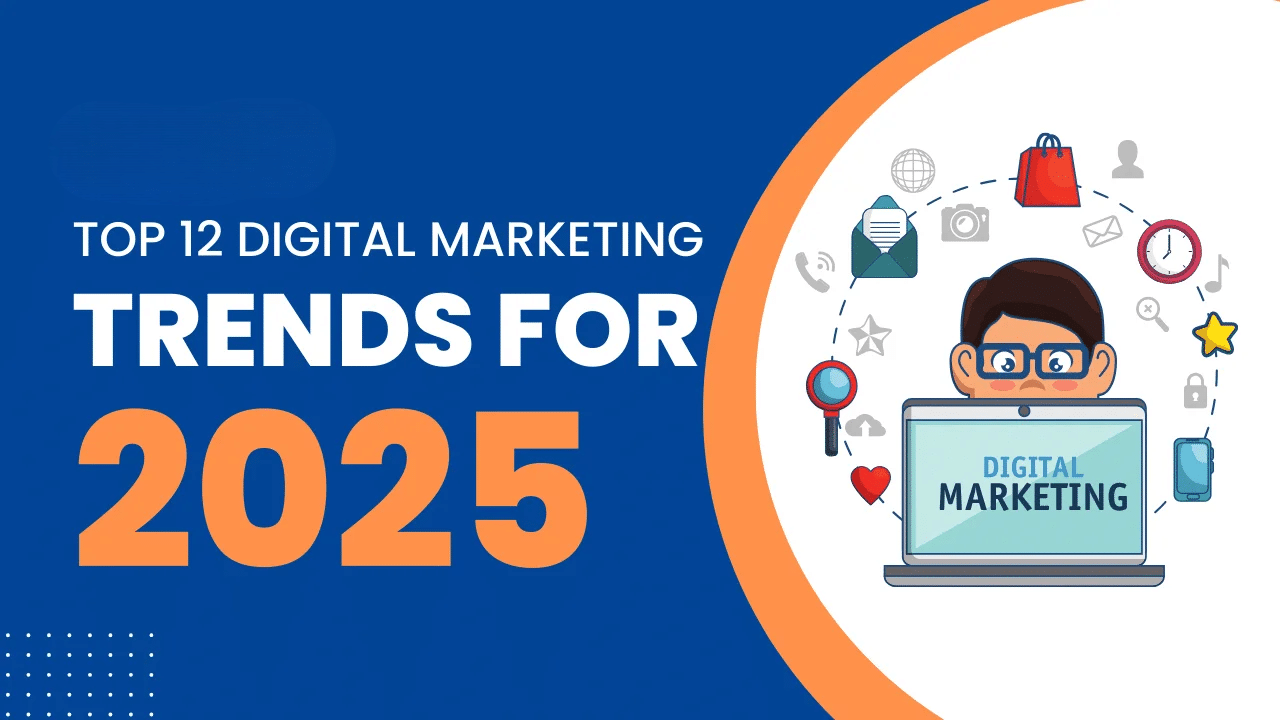In today’s digital world, having a website is only the first step to establishing an online presence. If you want people to discover your site, Search Engine Optimization (SEO) is essential. Whether you’re a business owner, blogger, or just curious about digital marketing, understanding the basics of SEO can make a big difference. Let’s dive into the fundamentals to help you get started.
What is SEO?
SEO stands for Search Engine Optimization. It’s the process of improving your website’s visibility on search engines like Google, Bing, and Yahoo. When someone searches for a keyword related to your content, SEO ensures that your website appears higher in the search results, driving organic (unpaid) traffic.
Why is SEO Important?
Every day, millions of searches are conducted online. Whether users are looking for answers, products, or services, they usually click on one of the top results. Studies show that the first page of search results captures over 75% of clicks. If your website isn’t optimized, you’re missing out on valuable traffic and potential customers.
Key Components of SEO
Here are the foundational elements of SEO:
1. Keyword Research
Keywords are the words or phrases people type into search engines. Effective SEO begins with understanding what your audience is searching for. Tools like Google Keyword Planner, SEMrush, or Ahrefs can help you identify relevant keywords with high search volume and low competition.
2. On-Page SEO
On-page SEO involves optimizing individual pages on your website. Key elements include:
- Title Tags: Use clear, keyword-rich titles that describe the page content.
- Meta Descriptions: Write compelling meta descriptions to encourage users to click on your link.
- Header Tags: Use headings (H1, H2, H3) to structure your content and include keywords naturally.
- Content: Create high-quality, engaging, and relevant content that answers user queries.
- Images: Optimize images by using descriptive file names and alt text.
3. Technical SEO
Technical SEO focuses on the backend of your website. It ensures that search engines can crawl and index your site efficiently. Key aspects include:
- Site Speed: Fast-loading pages improve user experience and rankings.
- Mobile-Friendliness: Ensure your site is responsive and works well on all devices.
- URL Structure: Use clean, descriptive URLs.
- Sitemap: Submit an XML sitemap to search engines to help them understand your site structure.
4. Off-Page SEO
Off-page SEO is about building your website’s reputation and authority. The main focus is on backlinks—links from other reputable websites to yours. High-quality backlinks signal to search engines that your content is valuable.
5. Local SEO
If you have a local business, local SEO is crucial. Optimize your Google Business Profile, encourage customer reviews, and ensure your business information (name, address, phone number) is consistent across platforms.
SEO Best Practices for Beginners
- Focus on Quality Content: Content is king in SEO. Write for your audience first, then optimize for search engines.
- Use Analytics Tools: Track your progress with tools like Google Analytics and Google Search Console.
- Stay Updated: SEO rules change frequently. Follow reputable blogs like Moz, Search Engine Journal, or Google’s Webmaster Blog.
- Avoid Black Hat Techniques: Practices like keyword stuffing or buying backlinks can lead to penalties.
- Be Patient: SEO takes time. Consistency and effort will pay off in the long run.
Conclusion
SEO may seem complex, but starting with the basics can significantly impact your website’s performance. By focusing on keyword research, on-page and technical SEO, and building a strong online presence, you’ll be well on your way to driving organic traffic and achieving your goals. Remember, SEO is a journey—stay committed, keep learning, and watch your efforts bear fruit.



